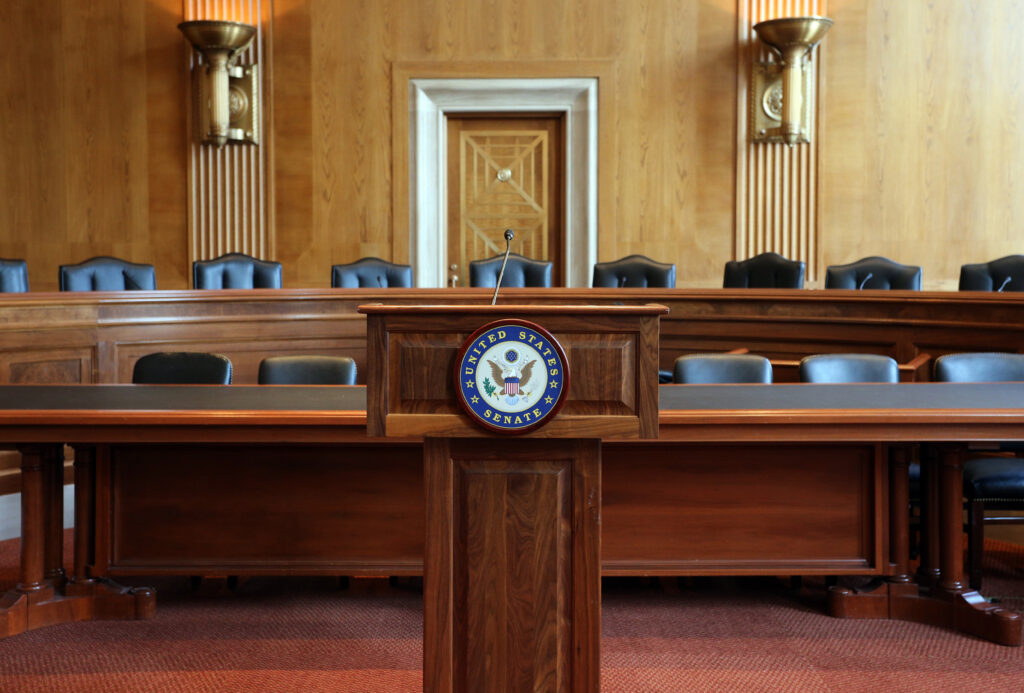It is time for transparency in aluminum benchmarking
Today is Beer Can Appreciation Day. On January 24, 1935, G. Krueger Brewing Company first sold beer in cans to the public. But the rest is not history, as the popularity of beer in cans grew, and can design improved over the years.
On January 22, 1959, the seamless all-aluminum can designed by William Coors made its debut with a 7-ounce Coors Banquet. This new recyclable can design revolutionized the beverage container industry, and it is now the standard for cans for both alcohol and non-alcohol beverages.
American brewers purchase more than 36 billion cans every year, and more than 57 percent of beer sold in the United States is in an aluminum container. This makes aluminum the most significant commodity costs for brewers. When many people think of what goes into making a beer, they rightfully think of the malt, hops, water and yeast , but the containers to package the beer are also critically important to America’s more than 7,000 brewers.
When aluminum costs fluctuate, even if it’s just by a penny per can, America’s brewers feel the impact. Unfortunately, due to the combination of recently imposed tariffs on imported primary aluminum and a complicated, obscure pricing system known as the Midwest Premium, brewers large and small are seeing their aluminum costs dramatically increase.
Two entities set the price American brewers pay for aluminum they use. The first is the London Metal Exchange, which sets the base price for aluminum across the globe. The second price is the Midwest Premium, which was initially established as the fee to insure and transport imported aluminum from ports to rolling mills, and the cost of the current 10% on imported aluminum is applied to the Midwest Premium.
However, today the Midwest Premium is used not to reflect costs or fees, but to adjust the price to what the aluminum market believes should be the cost of aluminum in North America. Additionally, the Midwest Premium isn’t set by a commodities exchange, like the LME, instead, it is set by a benchmarking reporting entity. Entities within the aluminum supply chain are then applying the premium to both recycled aluminum already in the United States and aluminum imported from Canada–neither of which should be tariffed.
The result is our nation’s beverage industry is footing a huge bill. From March 2018 through July 2019, America’s beverage industries paid an additional $458 million on 2.33 million metric tons of aluminum purchased – purportedly because of the tariffs. However, a recent analysis conducted by a leading economic firm shows the U.S. Treasury only collected 16% of this sum totaling about $73 million.
To bring greater oversight to aluminum benchmarking, a bipartisan coalition led by Reps. Al Lawson of Florida and Ken Buck of Colorado, along with Sens. Cory Gardner of Colorado and Tammy Baldwin of Wisconsin, are sponsoring the Aluminum Pricing Examination (APEX) Act (S. 1953/H.R. 1406), commonsense legislation to provide the Commodity Futures Trading Commission (CFTC) and Department of Justice the necessary authority to provide oversight over price benchmarking entities, including those that publish the Midwest Premium.
To help people understand the spike in aluminum costs and why brewers are working to rectify this issue, we have put together a short video to help explain both the causes and the solutions. You can watch the video HERE.
Unfortunately, opponents of this legislation are making several false claims in an attempt to confuse and draw attention away from what the APEX Act would accomplish.
The first false claim is the legislation would allow the federal government to set the price of aluminum. The mission of the CFTC is to, “protect market users and the public from fraud, manipulation, and abusive practices related to the sale of commodity futures and options and to foster open, competitive, and financially sound commodity futures and option markets.” The CFTC does not set prices but instead ensures market players operate fairly and competitively, and already has broad oversight over many of the commodities Americans rely on. This legislation would make sure these same principles apply to entities that benchmark aluminum.
The second claim is the price of aluminum brewers are paying is just the price that the market has set. Even United States Secretary of Commerce Wilbur Ross has argued that spikes in the Midwest Premium are not justified while also criticizing the process for setting the Midwest Premium. The Secretary told Bloomberg News last year, “The fact of aluminum’s price going up does not seem to justify a huge increase in the Midwest premium. That premium was originally intended to cover transportation handling costs. Those are not a function of the underlying price of aluminum. In addition, the Midwest premium is now based on a survey of market participants, not actual trading.”
Finally, opponents of the APEX Act falsely claim the CFTC already has the authority to regulate benchmarking entities. Even the Chair of the CFTC disagrees with this statement. When asked about the manipulation of aluminum markets, CFTC Chairman Christopher Giancarlo said, “We do not regulate the formulation of benchmarks.”
Rep. Ken Buck just published an op-ed that effectively lays out why APEX is important and why so many of the claims against the legislation are false. Since we wrote the bill, he knows best what it does. You can read his op-ed HERE.
The good news is Congress is moving forward on a bipartisan basis to shine some much-needed light into aluminum markets. Members of the House Agriculture Committee unanimously passed legislation last year that would require the U.S. General Accounting Office to conduct a much-needed study of the aluminum markets. We hope the entire House of Representatives will soon pass this legislation, and the Senate will follow suit.
Entities that choose to work in the commodity market are already subject to oversight to ensure U.S. consumers and others participating play fairly.
It makes sense that those who set benchmarks also should also be held accountable through oversight.













